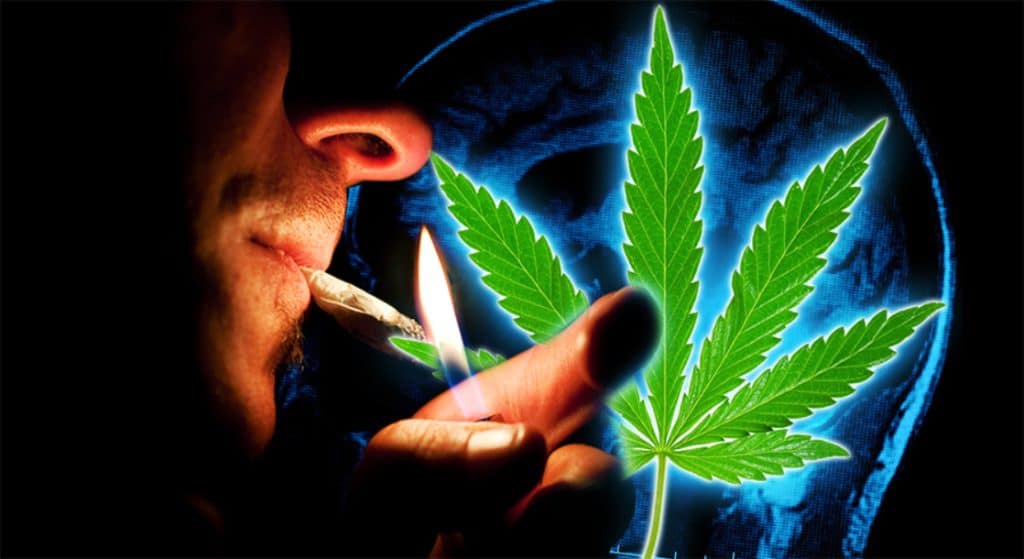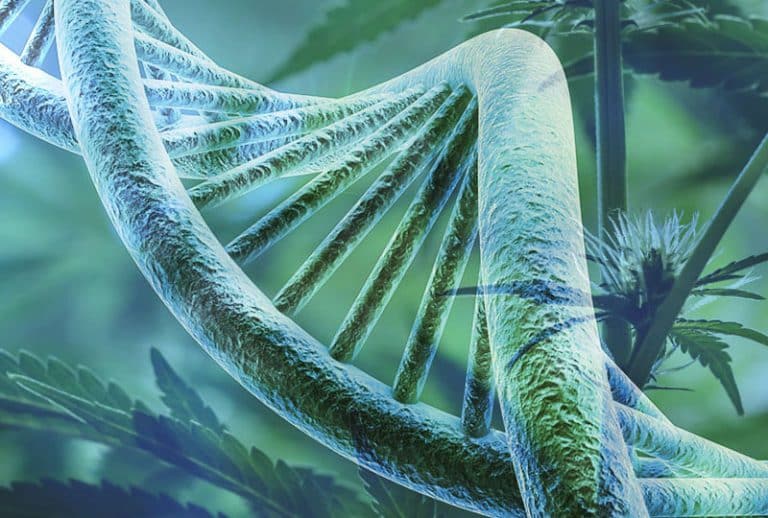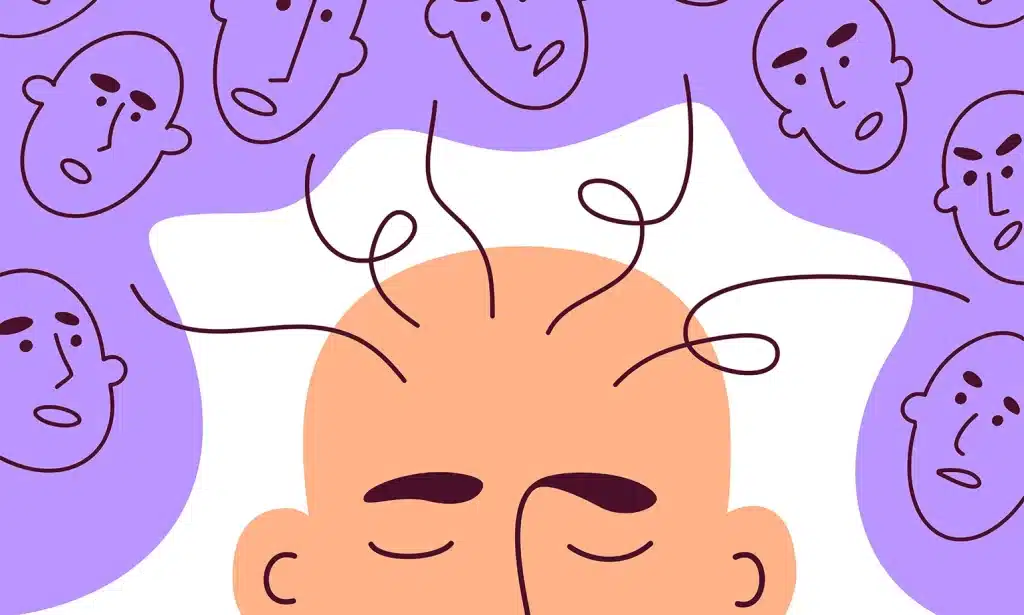Blog
Cannabis and Schizophrenia: The Latest Scientific Discoveries
Cannabis is one of the most widely used recreational drugs in the world, with millions of people consuming it regularly. However, the plant’s psychoactive compounds can also have negative effects, particularly for those with pre-existing mental health conditions like schizophrenia. While there have been numerous studies on the potential link between cannabis use and schizophrenia, the findings have been somewhat contradictory. In this article, we’ll explore what the latest scientific research says about the relationship between cannabis and schizophrenia.
What is Schizophrenia?

Schizophrenia is a complex and chronic mental disorder that affects the way a person thinks, feels, and behaves. It typically emerges in late adolescence or early adulthood and affects about 1% of the global population. Individuals with schizophrenia may experience a range of symptoms, including hallucinations, delusions, disordered thinking, and social withdrawal. These symptoms can interfere with their ability to function normally in daily life, including school, work, and relationships. The condition is often accompanied by cognitive deficits such as memory and attention problems. Treatment for schizophrenia typically involves a combination of medication and therapy, and individuals with the condition often require lifelong management to achieve and maintain stability.
Exploring the Role of Dopamine in Cannabis Use and Addiction
Cannabis has been known to have various effects on the brain due to the presence of cannabinoids such as THC and CBD. THC is the primary psychoactive compound responsible for the euphoric effects of cannabis. When consumed, THC interacts with the brain’s endocannabinoid system, which plays a critical role in regulating mood, appetite, and other bodily functions. The endocannabinoid system is composed of cannabinoid receptors, enzymes, and endocannabinoids. THC interacts with CB1 receptors in the brain, which leads to the release of dopamine, a neurotransmitter that is associated with pleasure and reward. This release of dopamine is what causes the euphoric high that is commonly associated with cannabis use. However, it’s important to note that excessive use of cannabis can lead to negative effects on the brain, such as decreased cognitive function, memory impairment, and increased risk of developing psychiatric disorders. It’s crucial to use cannabis responsibly and in moderation to avoid such adverse effects.
The Controversial Relationship Between Cannabis and Schizophrenia

The relationship between cannabis use and schizophrenia has been a controversial topic in the medical and scientific communities. While some studies have shown a correlation between cannabis use and an increased risk of developing schizophrenia, others have not found a significant association. The underlying mechanisms behind this relationship are still unclear, but research has suggested that cannabis use may have a stronger impact on individuals who are already predisposed to developing schizophrenia. Some experts believe that cannabis use can trigger the onset of schizophrenia in those who are genetically vulnerable or who have a history of mental illness in their families. However, it’s important to note that not everyone who uses cannabis will develop schizophrenia and that the risk may vary depending on some individual factors. As research in this area continues to evolve, it’s crucial to approach cannabis use with caution and to speak with a healthcare professional if you have concerns about your mental health.
The Latest Research on Cannabis and Schizophrenia
Cannabis use has been a topic of debate among researchers and mental health experts for many years. While some argue that cannabis can be a useful tool for managing certain mental health conditions, others warn of its potential risks and side effects. The latest research on cannabis and schizophrenia suggests that there may be a link between the two. A study published in the Lancet Psychiatry found that daily use of high-potency cannabis was associated with a significantly increased risk of developing psychosis, which includes symptoms such as delusions and hallucinations. Another study published in JAMA Psychiatry found that cannabis use during adolescence was linked to a higher risk of developing schizophrenia later in life. While more research is needed to fully understand the relationship between cannabis and schizophrenia, these studies suggest that cannabis use may not be safe for everyone, particularly those with a history of mental health conditions. It’s important to discuss any concerns about cannabis use with a medical professional.
The Role of Genetics in Cannabis-Induced Schizophrenia

Research into the relationship between cannabis use and schizophrenia has shown that genetics may also play a role. A study published in Nature Communications discovered that individuals with a particular genetic variant were more prone to developing psychosis when using cannabis. This means that genetics could interact with environmental factors, such as cannabis use, to increase the likelihood of developing schizophrenia. While the research on this topic is still in its early stages, it’s important to consider the possible genetic component when examining the relationship between cannabis use and schizophrenia. Identifying individuals who are genetically more susceptible to developing cannabis-induced schizophrenia could lead to more targeted prevention strategies and treatments in the future. It’s essential to continue researching this topic to gain a better understanding of the complex relationship between genetics, cannabis use, and schizophrenia.
Can CBD Help Treat Schizophrenia Symptoms?
CBD, or cannabidiol, is a non-intoxicating compound found in the cannabis plant. Unlike THC, CBD does not produce the psychoactive effects commonly associated with cannabis use. In recent years, there has been growing interest in CBD as a potential treatment for various mental health conditions, including schizophrenia. While the exact mechanisms behind CBD’s potential therapeutic effects are still being studied, some researchers believe that it may help to modulate the activity of certain neurotransmitters in the brain that are believed to play a role in schizophrenia. While more research is needed to fully understand the therapeutic potential of CBD for schizophrenia, early studies suggest that it may hold promise as a safe and effective treatment option for this challenging condition.
What Should You Know About Cannabis and Schizophrenia?
The relationship between cannabis use and schizophrenia has been the subject of much debate and research over the years. Some studies have found a link between cannabis use and an increased risk of developing schizophrenia, while others have found no significant association. However, it’s important to note that cannabis use can have different effects on different individuals, and other factors such as genetic predisposition and environmental influences may also play a role. Additionally, the potency and frequency of cannabis use may also be important factors to consider. Overall, individuals with a history of schizophrenia or other mental health conditions need to discuss the potential risks and benefits of cannabis use with a medical professional before making any decisions.


